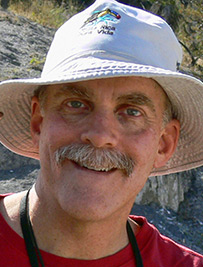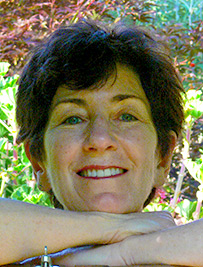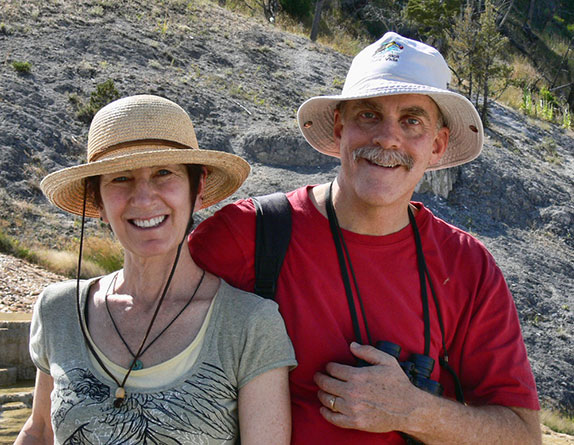|
David Fox and his wife Annie co-founded the world’s first public-access microcomputer center in 1977. The Marin Computer Center was a prototype for bringing new technology to the public. When he was eleven years old, David made his first 8 mm cartoon using stacks of discarded Flintstone cels he found in the trash bins behind Hanna-Barbera, and has been fascinated with animation and technology ever since. He studied engineering at UCLA and Humanistic Psychology at California State University at Sonoma where he received his bachelor’s degree. David co-authored the books Computer Animation Primer, Armchair BASIC, and Pascal Primer, and then in 1982 became one of the founding members of the Games Division at Lucasfilm Ltd. (later LucasArts). During his 10 year stay with LucasArts, he was the designer, project leader, and one of the programmers for the games Rescue on Fractalus!, Labyrinth, Zak McKracken and the Alien Mindbenders, and Indiana Jones and the Last Crusade: The Graphic Adventure. He also worked on Maniac Mansion as the primary script programmer. During his last two years at LucasArts David was Manager of Entertainment Software on Mirage (a collaboration between LucasArts and Hughes Aircraft Corporation). This multi-player, networked location-based entertainment system was intended for theme parks. After leaving LucasArts, David was a Senior Game Designer at Rocket Science Games, then worked as a freelance consultant on several games. In 1996, David joined LiveWorld Inc./Talk City, an Internet community provider, as their Director of Kids and Entertainment Programming. During his four years at the company, he produced The InSite, a Web site for teen empowerment, helped produce a home page offering for use by Talk City’s 4 million members, and launched several online chat games. He then became the Director of New Content, finding and implementing new technologies within Talk City. In 2001, David returned to immersive gaming at Xulu Entertainment, producing their motion simulator project. Then he produced and designed a prototype of an educational game for Learning Friends under a grant from the William and Flora Hewlett Foundation. In the run-up to the 2004 election, he was active on the Dean Media Team, doing video and Web production for the Howard Dean campaign (www.Switch2Dean.com) as well as building a Web log (blog) for Simon & Schuster featuring Dean’s book, Winning Back America. More recently he co-designed and implemented Web sites for authors David McCullough and Terry Gamble, Ayrshire Foundation, the Alaska Federation of Natives’ main site as well as an event site for them, and Marin Democrats, all with graphic designer Daniel Will-Harris. From 2004–2010 David was the Technology Director for NewsTrust, a citizen news rating service aiming to bring together experienced journalists and volunteer reviewers to rate news stories and their sources according to rigorous editorial standards. David designed and produced Rube Works: The Official Rube Goldberg Invention Game, a game based on Rube Goldberg’s Machine cartoons (the first official Rube Goldberg game). Released in 2013, Rube Works is available for download on the iTunes App Store for iPad and iPhone, for Android on Google Play or the Amazon Appstore, for Mac on the Mac App Store, and for Windows, Mac, and Linux on Steam. Follow Rube Works on Facebook. David joined ex-LucasArts friends Ron Gilbert and Gary Winnick on the creation of Terrible Toybox’s award-winning point-and-click graphic adventure game, Thimbleweed Park (released March 2017, on all current platforms). David did much of the gameplay scripting, and contributed to the game design, writing, and sound effects. He then was the Lead Game Programmer on Terrible Toybox’s Return to Monkey Island, released in September 2022. When not playing with computers David enjoys science fiction, good films, photography, researching immersive entertainment, and taking long walks with Annie through the hills of Marin County, California. They have two grown kids and two grandchildren. (click for resumé) |
|




